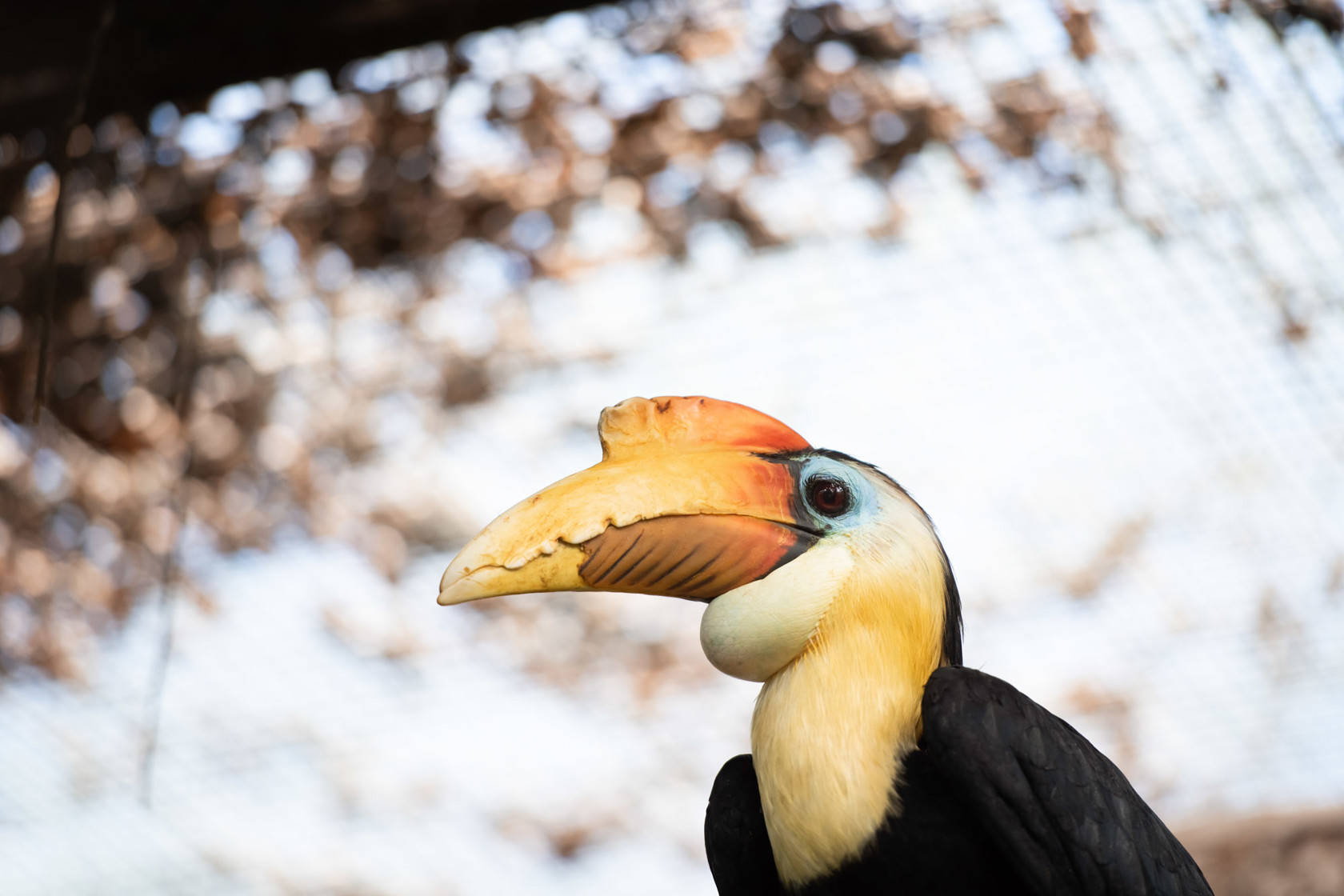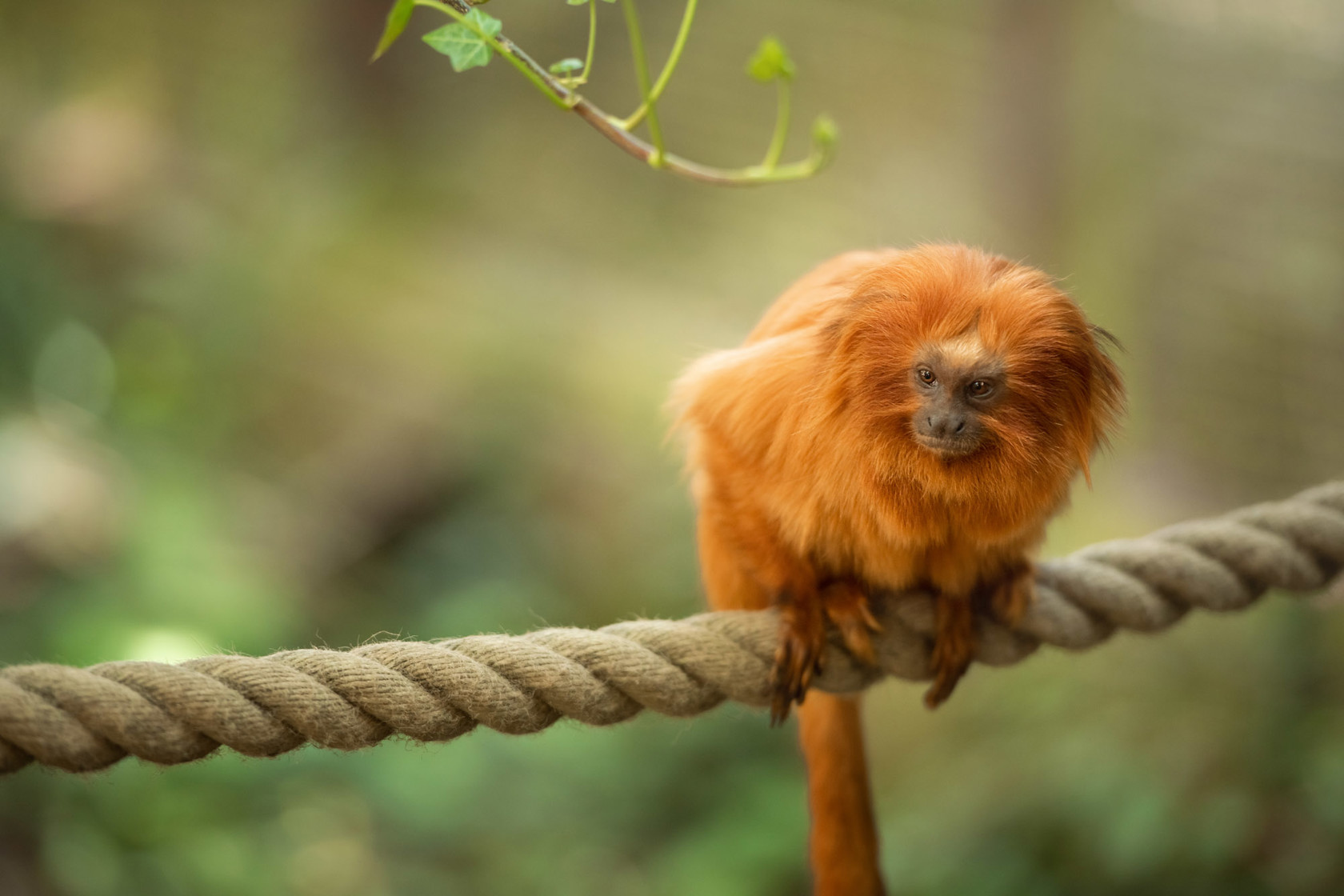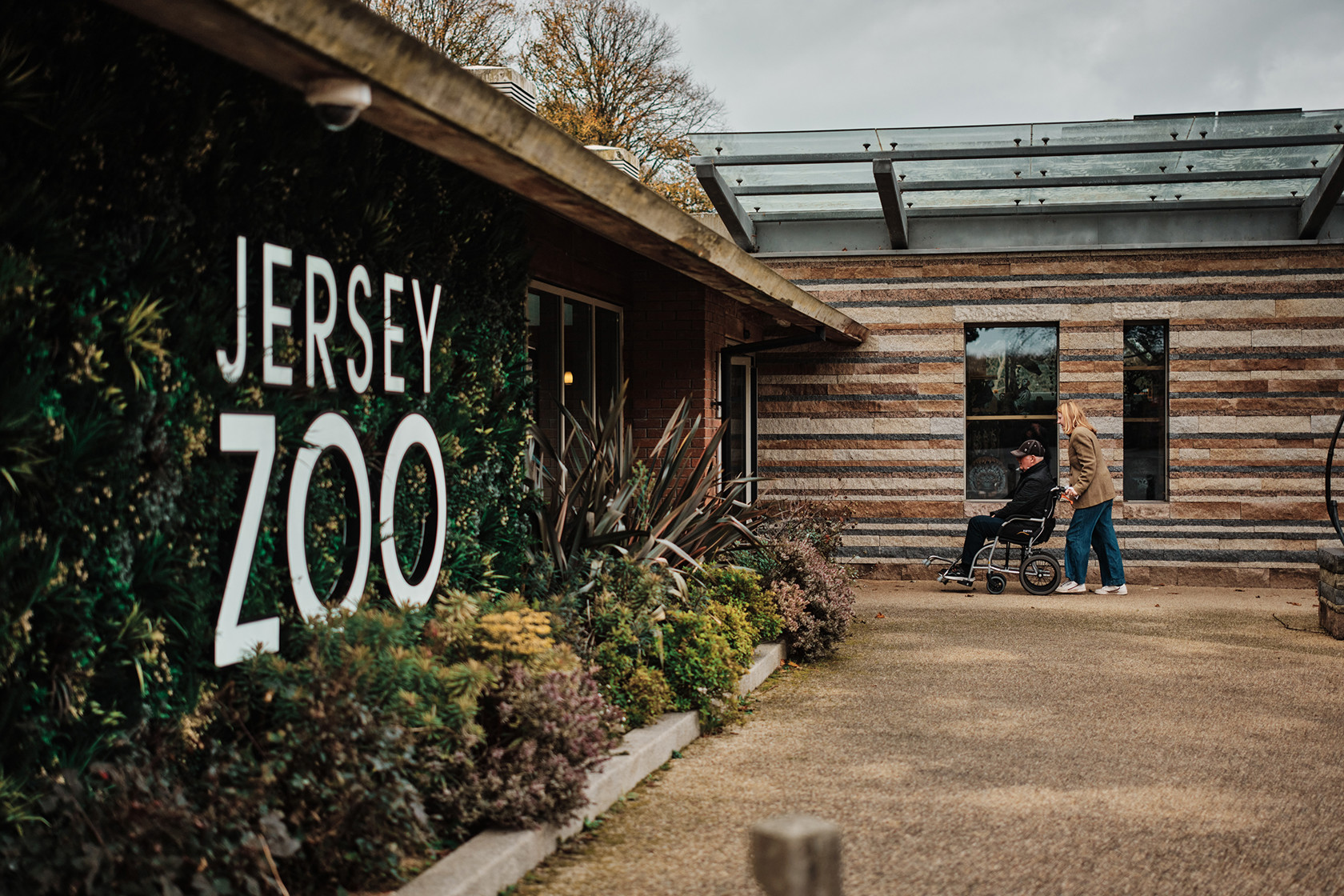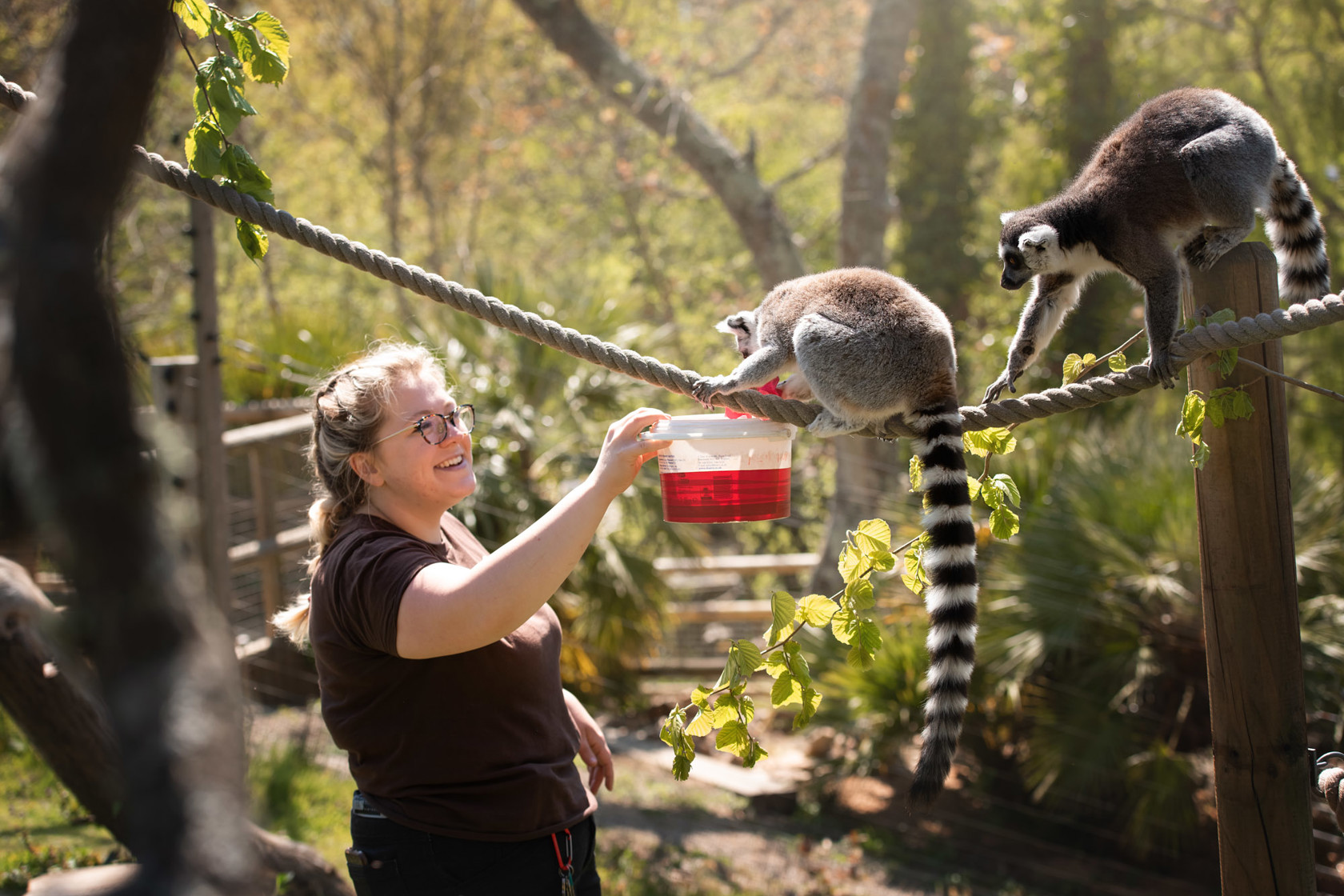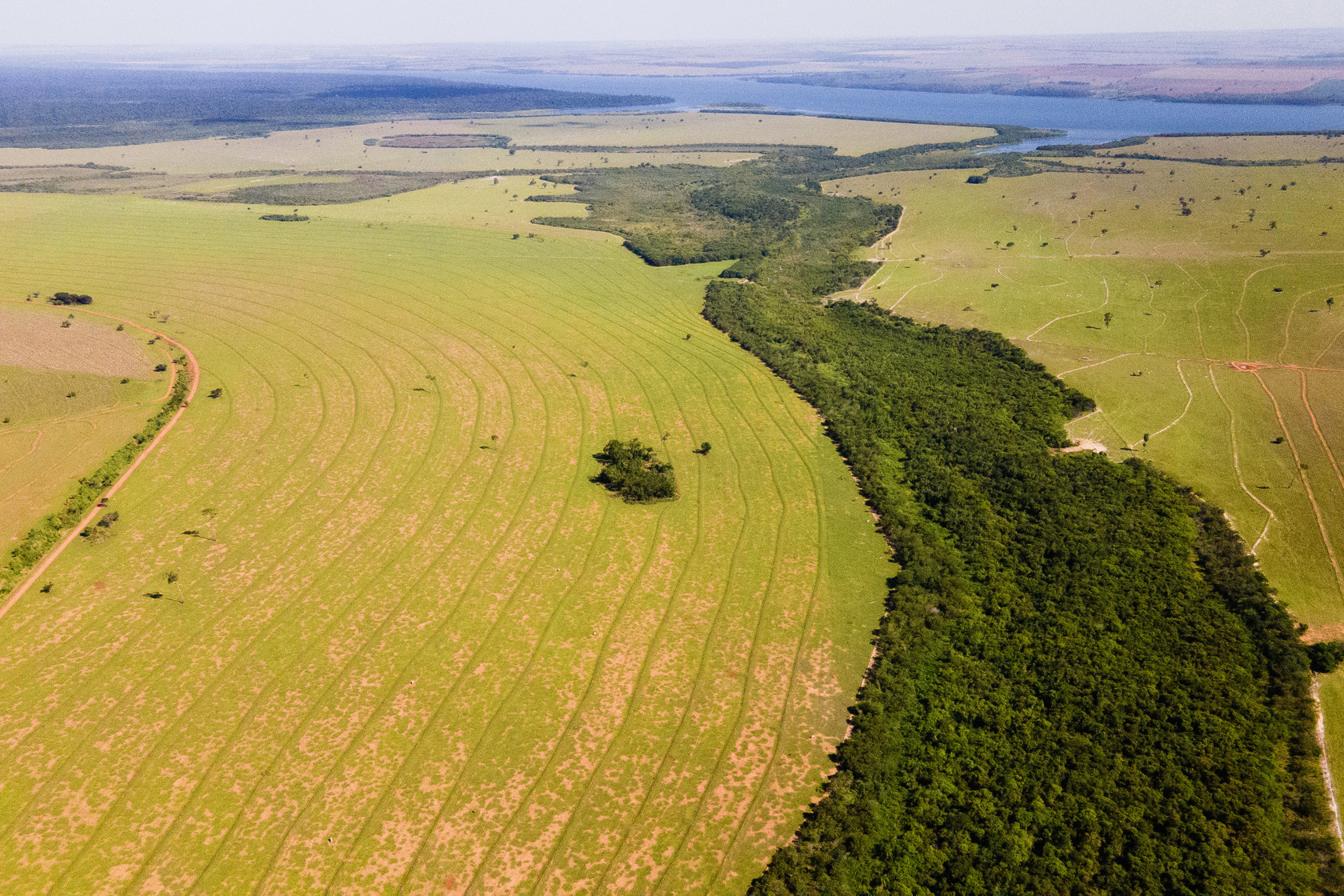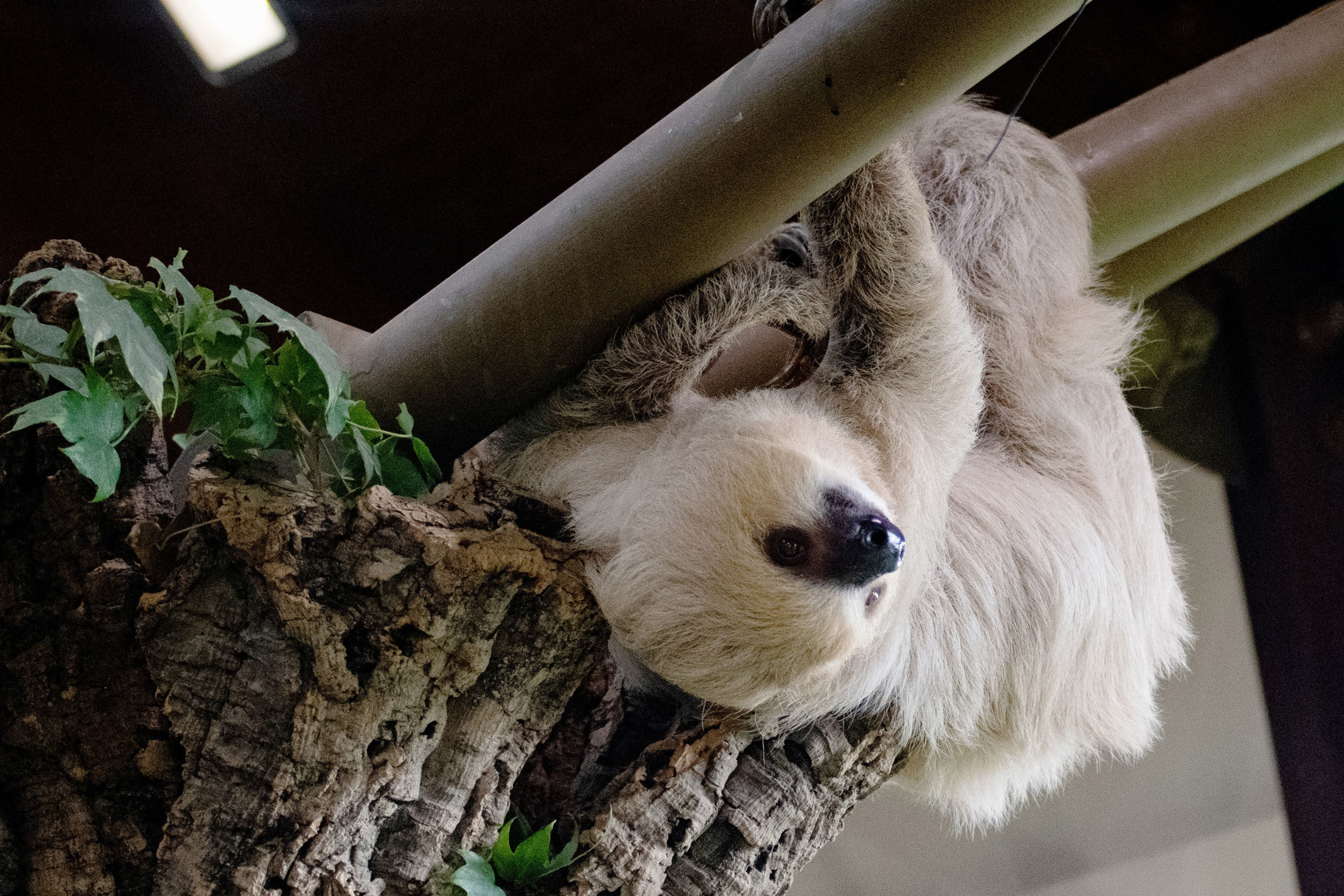Durrell returns gecko eggs to the wild in Mauritius to save species from extinction
Monday 21 July 2025
57 lesser night gecko eggs from Jersey Zoo have been returned to the wild on the Mauritian islet of Ilot Vacoas to help restore the genetic structure of this species.
Listed as Vulnerable by the IUCN Red List, the lesser night gecko is a small lizard endemic to Mauritius and only present on four Mauritian islets. Invasive predators, extreme weather, intense cyclones and fire represent a significant threat to the species' survival, which was threatened further by the MV Wakashio shipwreck in 2020. The tanker ran aground on a coral reef, resulting in around 1,000 tonnes of toxic oil spilling into the ecosystem, causing irreversible damage to wildlife and pushing already threatened species closer to extinction.
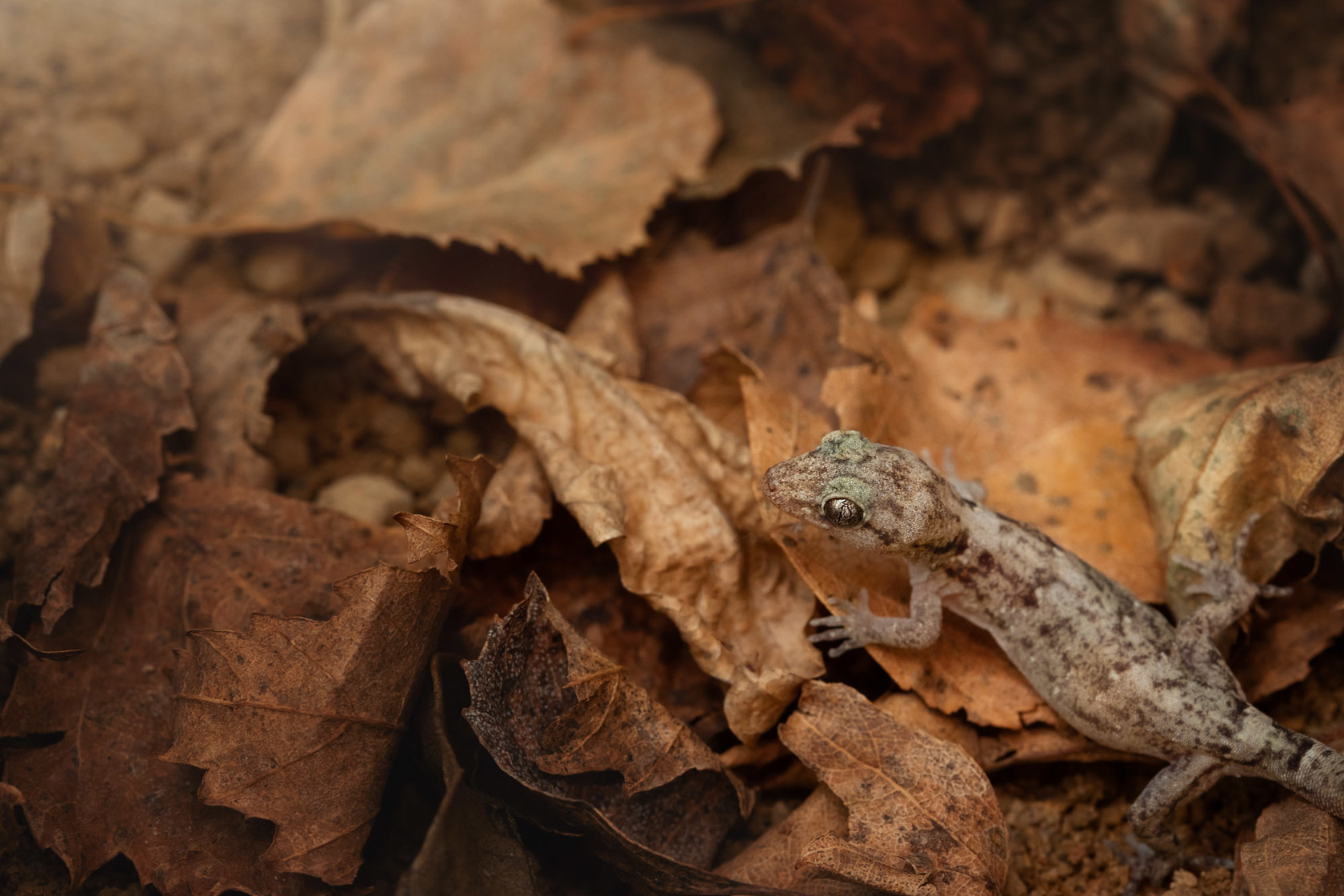
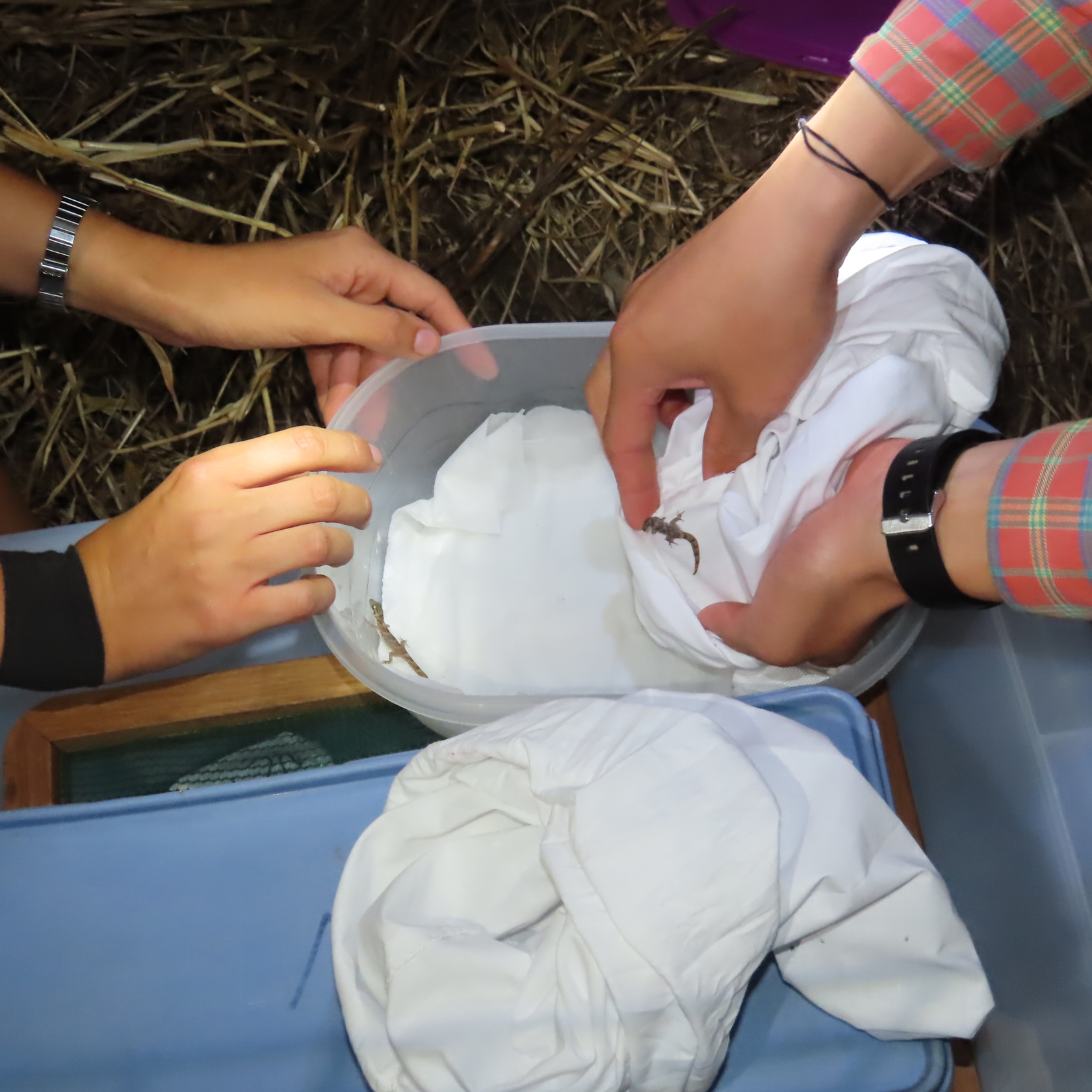
Durrell and partners (the Mauritian Wildlife Foundation, National Parks and Conservation Service, with support of the Forestry Service), rescued three reptile species in the aftermath of the oil spill. Durrell's Dr Nik Cole, Manager of the Islands Restoration Programme, coordinated and organised the international evacuation of 66 reptiles, including 30 lesser night geckos. With the support and funding of the Jean Boulle Group, we brought the reptiles to the safety of Jersey Zoo to establish an assurance population. Two of these species had never been kept in captivity, so they needed to receive expert care from herpetologists at the zoo. Every lizard survived the move to Jersey Zoo, which continues to care for the reptiles under strict biosecurity conditions.
Following the MV Wakashio shipwreck, Durrell and partners extensively monitored reptile populations on Ilot Vacoas. Samples collected in 2021 and 2022 by our team in Mauritius, sent to Cardiff University for analysis, found that the oil spill had caused a substantial change in genetic structure, which would reduce the lizards' ability to adapt to future threats and increase their risk of extinction. The results also showed that the geckos we were caring for at Jersey Zoo had maintained the genetic structure that was present before the oil spill. A valuable lifeline, we now had the option of reversing the oil spill's impact by reintroducing these genetics to the wild population.
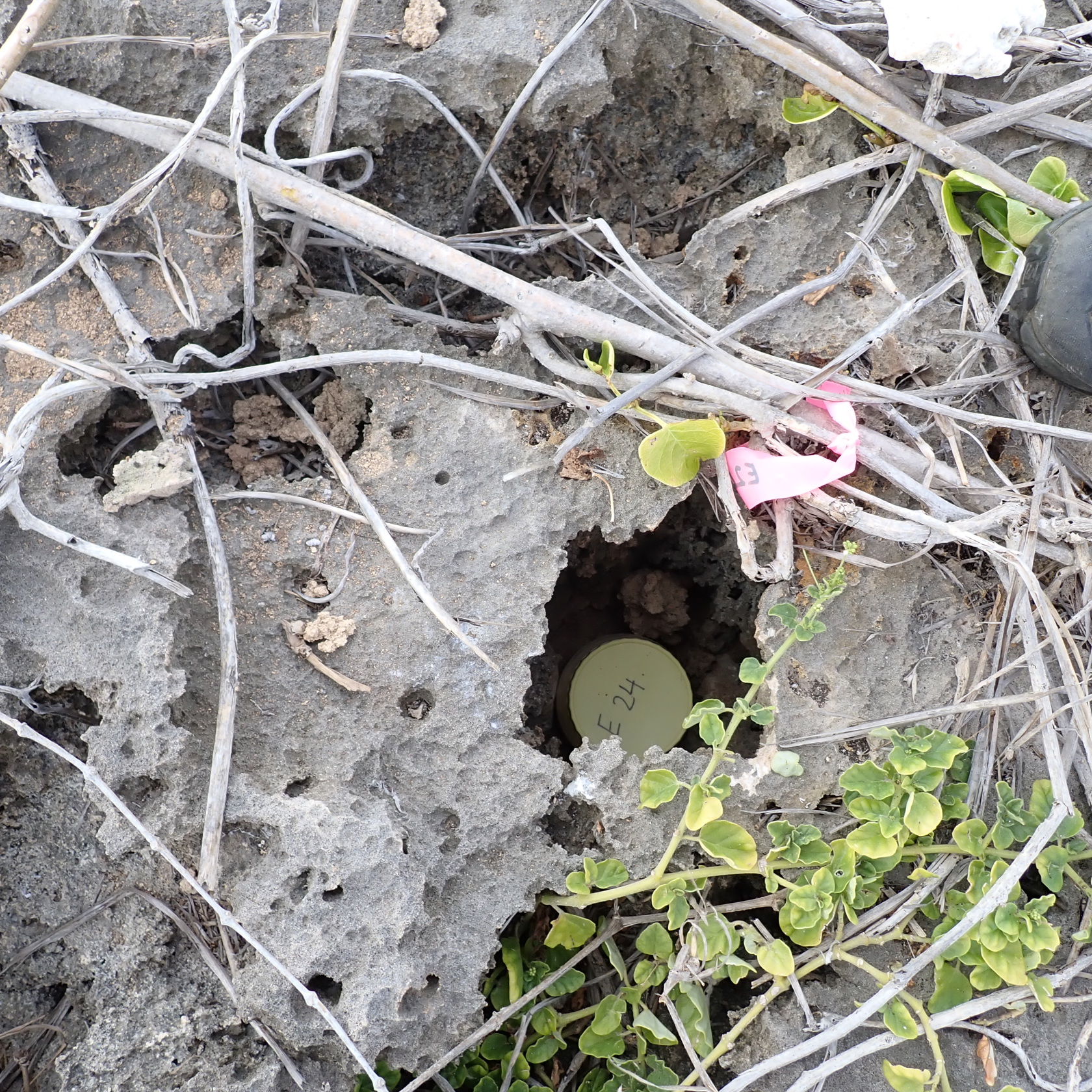
From mid-2023, the Herpetology team at Jersey Zoo started to match the light cycles in the gecko's enclosures with Mauritian seasonality to encourage breeding. Lesser night geckos only lay one egg at a time, which takes approximately 90 days to hatch, so perfecting the lighting and incubation temperatures was critical to encourage as many of the geckos to produce eggs as possible. By December 2024, the geckos had produced 57 eggs. Ahead of their journey, the eggs were grouped into clutches. They travelled from Jersey to London Heathrow and then on to Mauritius in a carry case kept between 20 and 25 degrees Celsius, overseen by Interim Zoo Director and Curator of Herpetology Matt Goetz.
The eggs were transported to Ilot Vacoas in January 2025 with the Mauritian Wildlife Foundation and the National Parks and Conservation Service. Custom-built egg release units were created to protect the eggs, which are usually laid in deep rocky crevices, protecting them from unfavourable weather conditions and larger predators.
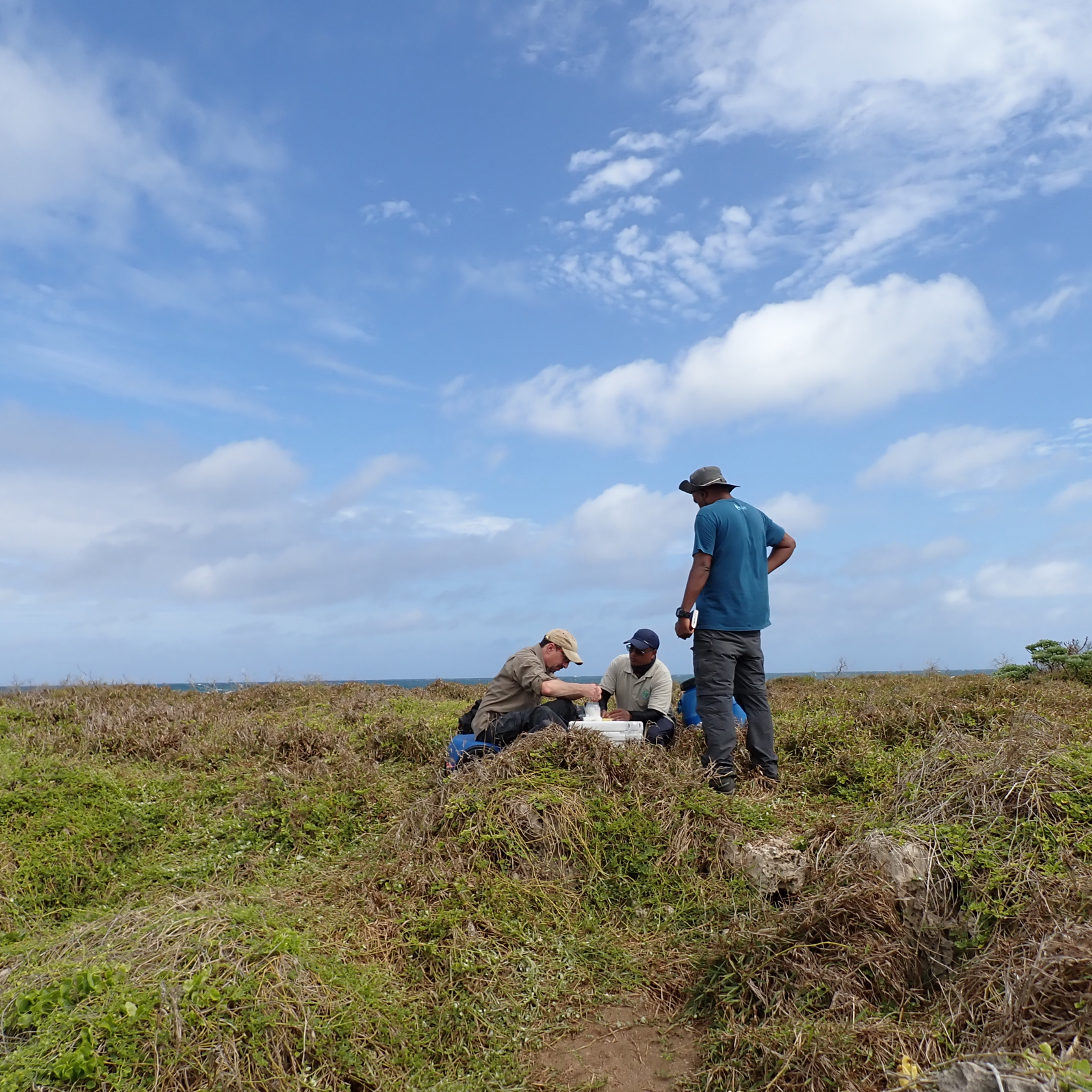
Post-release monitoring by the team has shown that, to date, more than 84% of these eggs have successfully hatched. By releasing the lesser night geckos bred at Jersey Zoo into the wild, we hope they will breed with the current population and increase the number of individuals with the genetics to adapt to future threats.
The Mauritius Island Restoration Programme is a partnership between Durrell Wildlife Conservation Trust, Mauritian Wildlife Foundation (MWF), and the National Parks and Conservation Service (NPCS), with support from the Forestry Service.

